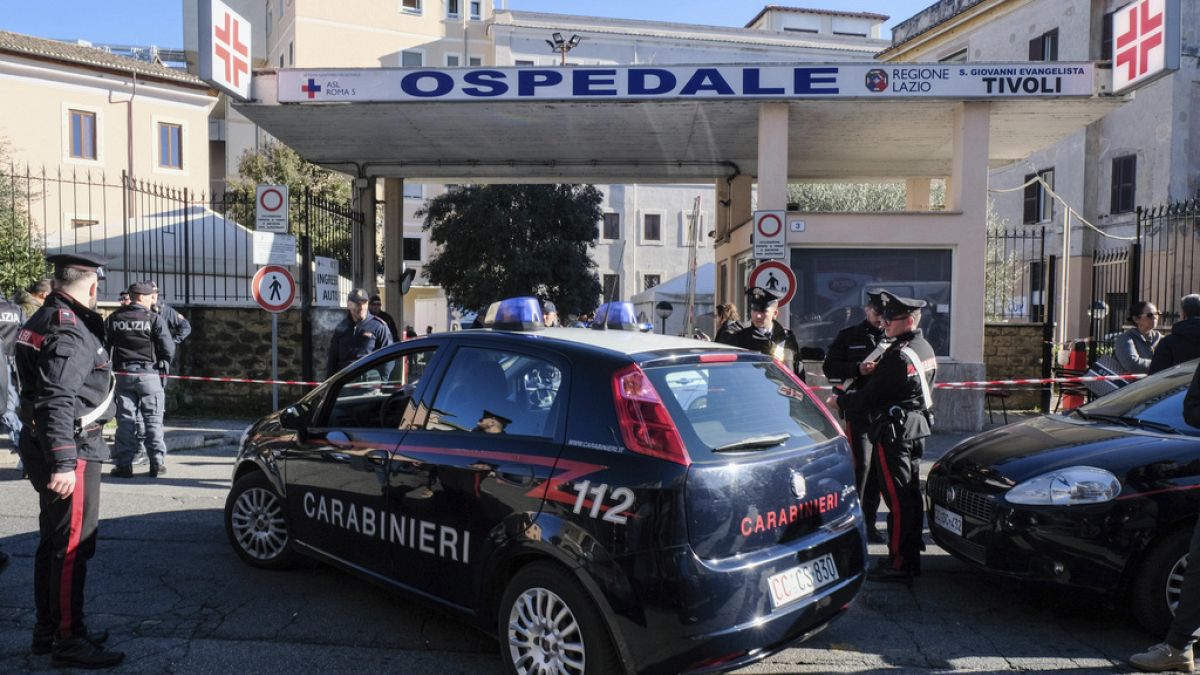By Euronews
Published on
ADVERTISEMENT
Two separate outbreaks of botulism poisoning have been worrying Italy in recent weeks.
In Calabria, the most serious cluster has resulted in two deaths and 12 hospitalisations, while other botulism cases have been reported in Sardinia. All of these cases can be traced back to contaminated food, including industrial and household preserves.
Botulism is a rare but serious illness that can cause breathing problems, muscle paralysis, and death. People can get botulism by eating homemade foods that have not been properly canned, preserved, or fermented.
Sardinia’s outbreak, for example, has been linked to contaminated industrial sauce.
The outbreak in Calabria, which started between August 3 and 5 in Diamante in the Cosenza province, involved 18 people who ate sandwiches with sausage and turnip tops purchased from a street vendor. Two people died.
The Paola public prosecutor’s office is investigating nine potential suspects, including the vendor, three managers from the companies that made the contaminated food, and five doctors from two health facilities in the Cosenza area.
The alleged offences range from manslaughter to trading in harmful foodstuffs. The investigation is continuing; autopsies are planned and the food truck was seized for inspection.
Another 14 patients who were hospitalised are in stable condition. Six are in intensive care, with one patient already extubated and breathing independently, while three children are in paediatric care and five patients are in other wards.
The hospital has received several vials of botulinum toxin antidote, which is essential for the timely treatment of cases.
Diamante Mayor Achille Ordine called the illnesses “circumscribed and limited”.
Improper food canning raises risks of botulism
Italy confirmed 452 cases of botulism between 2001 and 2020, the Italian National Institute of Health said. The average fatality rate was 3.1 per cent.
Most of the cases (91 per cent) were foodborne, often related to the consumption of home canned foods.
In 2023, Italy recorded 36 botulism cases, the highest number in Europe followed by France (15), Romania and Spain (14 each), and Germany (16).
The Italian canning tradition, especially in southern regions, is one of the main causes of this high incidence. Home preservation of food, if not performed correctly, can promote the proliferation of Clostridium botulinum, the bacterium responsible for botulism.
“There is no alarm, but prevention is essential, especially in the preparation of home preserves,” said Carlo Alessandro Locatelli, director of the Pavia Poison Control Centre.
“Botulinum toxin is invisible and often does not alter the taste of food. The antidote is only effective in the early stages, when the toxin is still in the bloodstream”.
Signs of botulism and how to prevent it
Symptoms can occur from six hours up to seven days after eating contaminated food and include double vision, dilation of both pupils, drooping of the eyelids, difficulty speaking and swallowing, dry mouth, and constipation.
In severe cases, it can impair breathing, necessitating intubation.
Italian health authorities recommend carefully sterilising containers and tools for preserves, observing safe storage procedures, and avoiding giving honey and home-made preserves to children under one year old.
In case of suspected intoxication, it is important to immediately contact the emergency room or the Pavia Poison Control Centre.
Regarding the known outbreaks, health authorities are monitoring patients and have distributed doses of botulinum toxin antidote to the hospitals involved.
